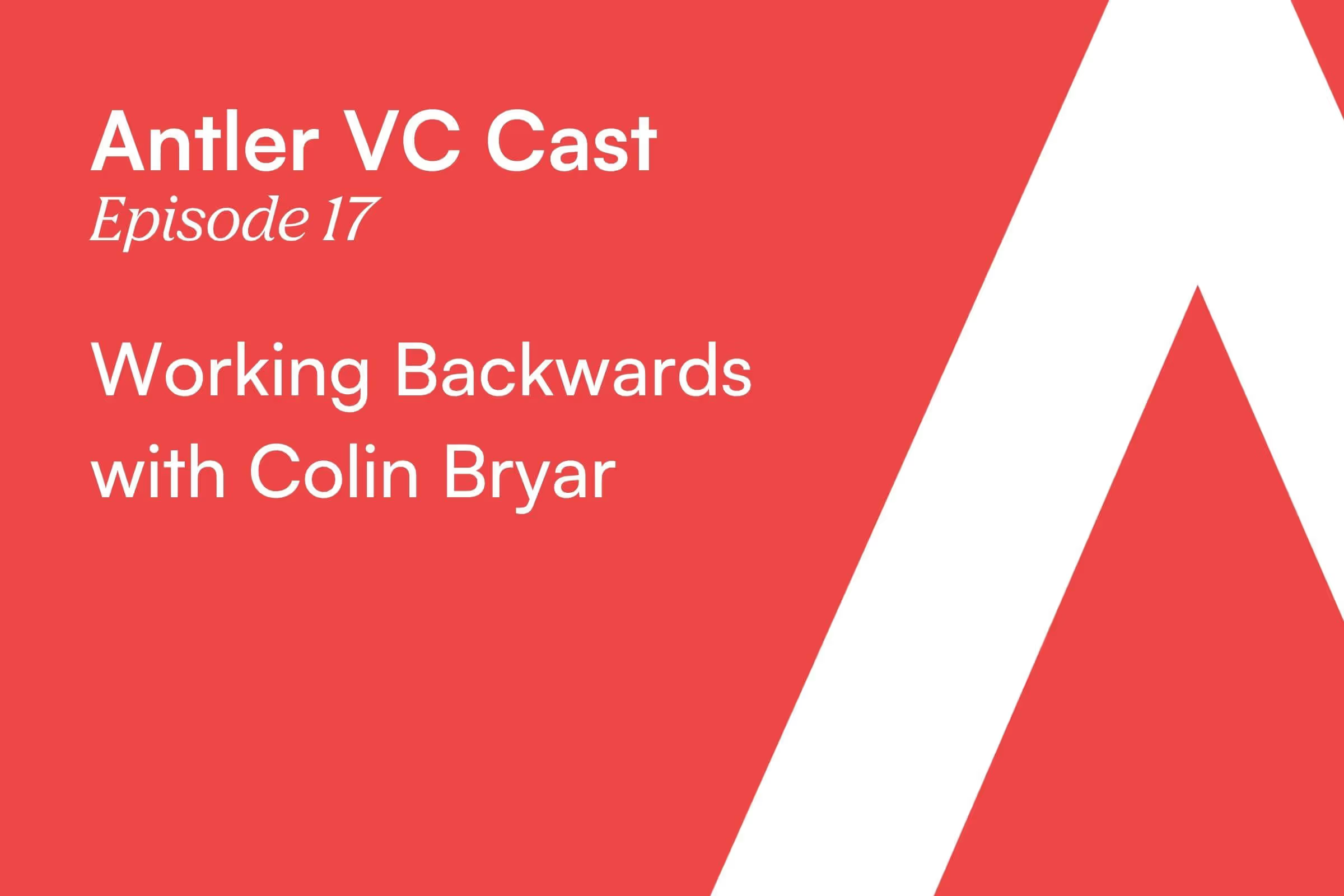Highlights From Transcript
[3:51] What is Amazon's "working backwards" principle and process?
Colin Bryar: It's the process that Amazon uses to vet ideas and decide whether they're worth bringing to market or not. These ideas can be something as small as a set of features on the phone app or moving into a new geography or starting a completely new line of business. At its heart, if you had to remember one thing about the working backwards process, it would be starting from the customer experience and then working backwards from that. A lot of organizations use what's called a "skills forward approach." They look at things like: what are our core competencies? What are we doing now? How can we move into an adjacent market? And often in this type of SWOT analysis, what's the one word that's not used? Customer. Amazon flipped that on its head and said, well, first of all, let's start from the customer experience and work backwards. And so the first thing that people do when they have an idea at Amazon is to write a press release. It's a one page press release and it has a couple of key components. Firstly, you really have to crisply define the customer problem you're trying to solve. Secondly, you explain to the customer what we have and why it's beneficial for you as a customer to use. If you don't want to go out and buy that product or go use that service right away, you rewrite the press release. It's an iterative process and you do it over and over again until you have something that you feel is a very well defined problem.
[19:50] Raise the hiring bar with a data driven approach
Colin Bryar: The bar raising process is all about removing bias from the hiring process and using a data-driven approach to gather as much information as you can about the candidate. What you're doing is you're asking behavioural type questions to find out what they've done in the past. That's usually the most accurate predictor of future behaviour. Tell me about a time when you went above and beyond and solved the customer problem. Tell me about the time when you resisted a competitor impulse and instead focused on building something for the long term. How did you go about convincing the group that that was the right thing to do? But before you ask these questions, you must have a very well-defined set of leadership principles. I would recommend each organization comes up with their own because that's really what uniquely defines you. But then the bar raising process is all about collecting data to map the candidate's past behaviour against those leadership principles. There is also a very specific role called "the bar raiser", and they're not in the hiring chain. So essentially, they don't have a vested interest or bias. Their job is just to make sure that the hiring bar is met. And then they also train the interviewers and they're there to guide the hiring manager and the rest of the team to make the right hiring decision.
[26:37] Amazon's unique presenting tool for meetings to simplify complex matters
Colin Bryar: For decision making meetings, Amazon does not use slides. Instead, we use a six page memo for an hour meeting. So if that's a half hour meeting, you present a three page narrative. It was one of those processes where you don't really have to audit it, because once you start using memos as a decision making tool, it's hard to go back to PowerPoint. We began in 2004, while I was working with Jeff Bezos as a technical advisor. We had a management meeting for hours every Tuesday where a few teams would come in and present using PowerPoint. We quickly realized that the business was getting more complex, we weren't making the right decisions, and the presentations weren't going anywhere. It wasn't the team, it wasn't the topics and it wasn't the presentation. It was the tool we were using. We were using a presentation tool and not a decision making tool. So that's how a 60 minute meeting at Amazon works. Someone will pass out a six page document and the first 20 minutes are just silent as people are reading the document, taking notes, and making comments. Then you have a 40 minute, really deep discussion with that, where the people are up to speed and you make a better decision. It takes longer to produce but the clarity of thought is usually much higher. It also removes bias - you can have a charismatic presenter who can convince a group of people to an idea with lots of holes in it. The amount people read is faster than when people talk. And you cover multi causal arguments much better in a six page narrative than you can in a hierarchical slide. These narratives allow you to enter a room with an idea and leave with a much better idea, or enter a room trying to make a decision and leave with typically a higher quality decision.
Apps & startups that Colin mentioned in this episode
Sonos App - a platform that brings together all your streaming, voice, and control services so you can easily browse music, radio, podcasts and more.
LastPass - a password manager app that saves your passwords and gives you secure access from every computer and mobile device.









%20(1)%20(1).jpg)
%202%20(1).avif)
%20%20(1)%20(1).avif)
